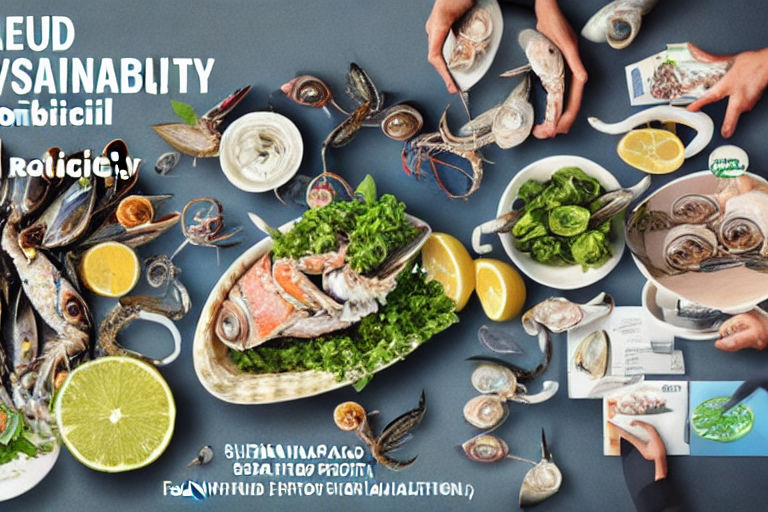The Role of Antioxidants in Reducing the Risk of Cardiovascular Diseases
Cardiovascular diseases (CVD) such as heart attacks or strokes, are leading causes of death worldwide. Antioxidants, on the other hand, are substances that can prevent or slow cell damage caused by free radicals, which are unstable molecules produced in the body's natural processes.
According to many studies, antioxidants play an important role in reducing the risk of CVD because they help prevent or slow down damage to the blood vessels.
What are Antioxidants?
Antioxidants are substances that can neutralize free radicals in the body. These free radicals can be produced naturally in the body's processes like breathing, exercise, and digestion, as well as from external sources such as smoking, pollution, and radiation.
The most common types of antioxidants are vitamins C, E, and beta-carotene. Other types of antioxidants include selenium, zinc, and vitamin A.
How Antioxidants Reduce the Risk of CVD
Atherosclerosis is a condition that refers to the build-up of plaque on the walls of arteries. Over time, this can narrow the arteries, making it difficult for blood to flow through them. When this happens in the heart, it can lead to a heart attack. When it happens in the brain, it can lead to a stroke.
Antioxidants reduce the risk of CVD by reducing the oxidative stress that contributes to atherosclerosis. In addition, antioxidants can decrease inflammation, which can also contribute to the development of CVD.
Food Sources of Antioxidants
The best way to get antioxidants into your diet is through food. The following are excellent sources of antioxidants:
- Fruits and vegetables, especially brightly colored ones such as berries, citrus, and leafy greens
- Nuts and seeds
- Whole grains
- Spices like cinnamon and turmeric
Taking Antioxidant Supplements
While it is always best to get your nutrients from food, some people may consider taking an antioxidant supplement. However, it is important to note that taking supplements can never replace a healthy diet. In addition, it is important to talk to your doctor before taking any supplements, especially if you have a medical condition or take medication.
Final Thoughts
Antioxidants play an essential role in reducing the risk of CVD by reducing oxidative stress and inflammation that contribute to atherosclerosis. The best way to get antioxidants is through a healthy diet that includes plenty of fruits, vegetables, nuts, and whole grains. If you are considering taking antioxidant supplements, make sure to talk to your doctor first.



